One of the very first things you do when you get a new dog
is pick out a name. Sometimes the name is chosen due to one of the attributes
of the dog, while other times it just something fun or easy to say. From then
on out, that is what the dog is referred to as.
Where I’m going with this is, a dog’s name can be used for
so much more than just a name. A dog’s
name can also be used as a cue for the dog to look at you. To train this you
just have to practice saying the dog’s name, and then reward the dog for
looking up at your face.
Why would something like this be of any importance?
This is an important cue because in some situations it can
be very beneficial that you get your dog’s attention. When you have your dog’s
attention you can then cue them to do certain things.
One example is if you want your dog to come to you when you
call. If he is distracted by something like a scent on the ground, you can use
his name to get him to look at you first, and then call him over.
Another example would be if you’re taking a leisurely walk
and your dog starts to get fixated on something. The first thing I recommend
doing is getting your dog to look at you instead. This is what is referred to
as teaching an incompatible behavior. It can work because if your dog is doing
what you ask, which is looking at you, it isn’t doing what you don’t want which
would be fixating on something.
This is one of the first things I teach all my clients. I’ve
chosen to use the dog’s name as a “look at me cue” but
you can actually use any word that you’d like. Just be consistent. Here is a dog training video describing all of this!
Kevin Duggan is a certified
professional dog trainer certified by the Certification Council for Professional Dog Trainers. He has been training professionally for 5 years.
 |
Kevin loves working with dogs and helping
them mesh better into their homes. He does this by teaching the dog what we
would like it to do, and reinforcing the behavior. This is also known as
Positive Reinforcement. Kevin specializes in building positive
relationships between humans and their canine companions.















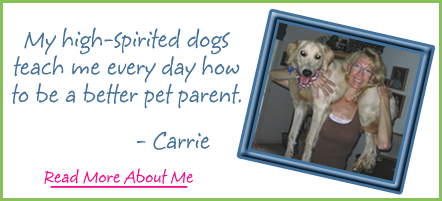
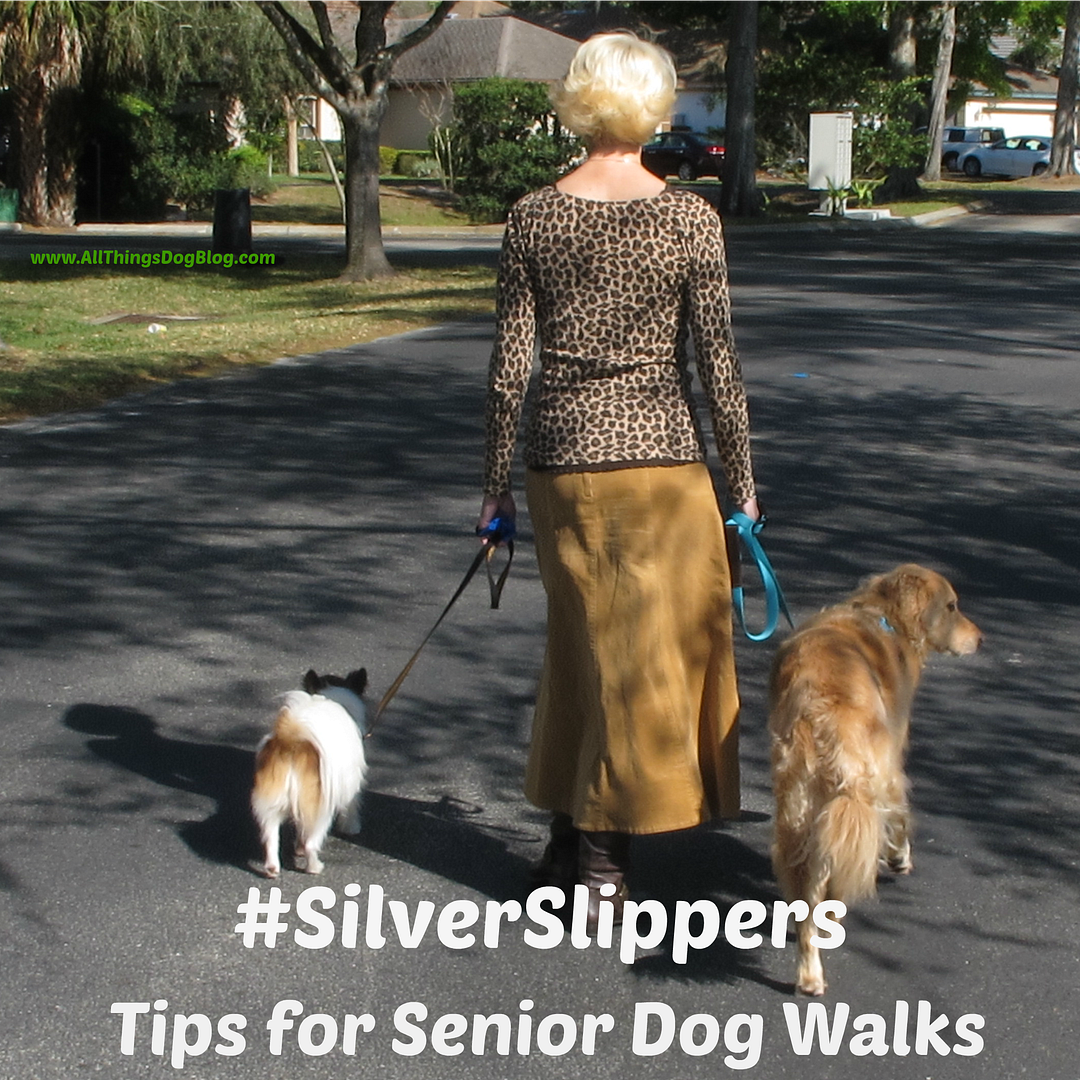





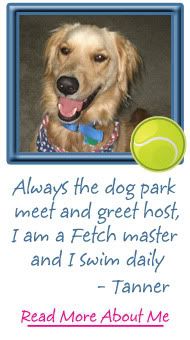
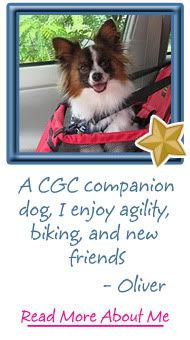





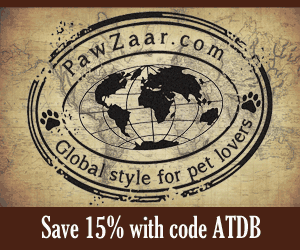



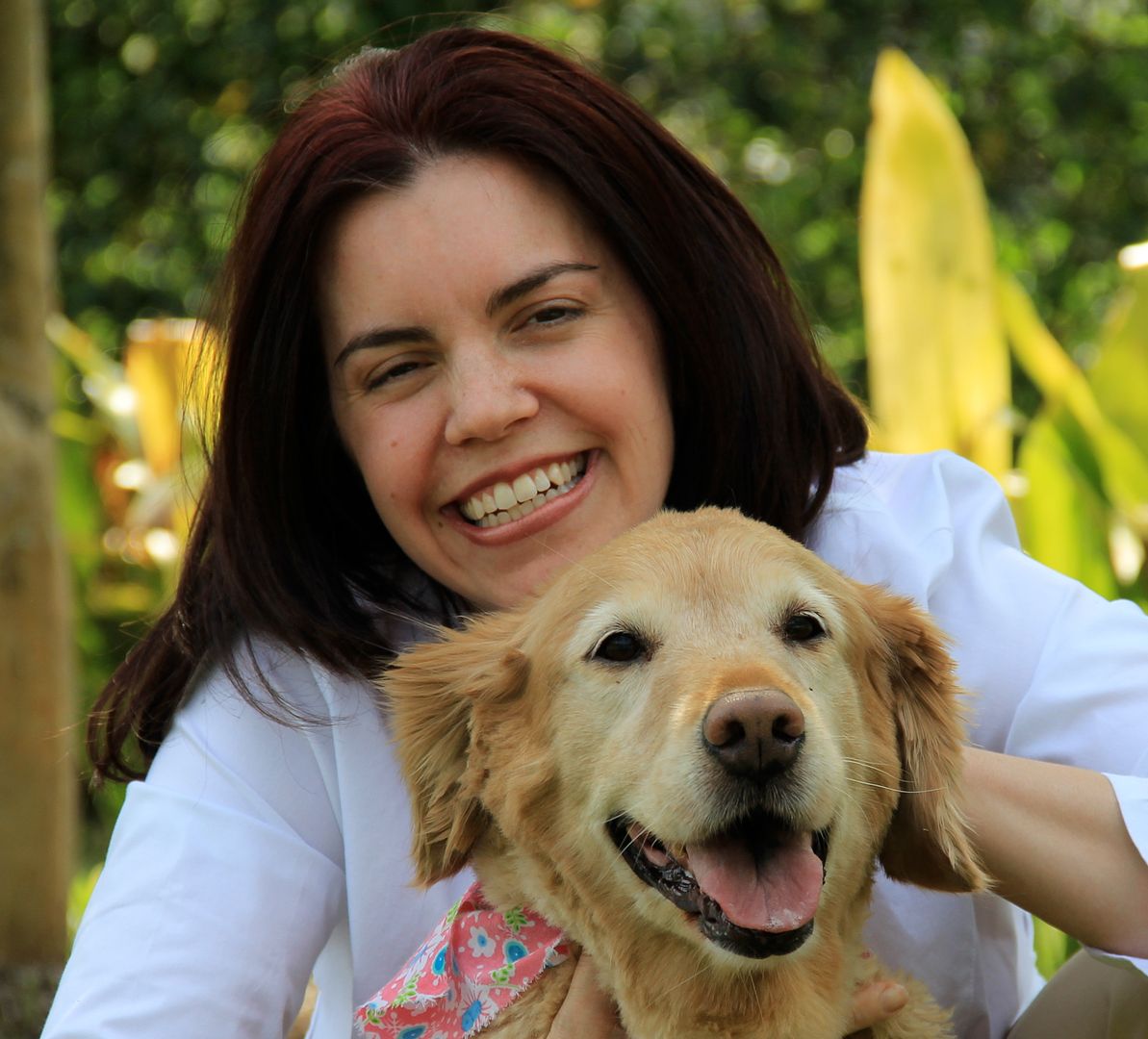



0 comments:
Post a Comment